

Associate Professor in Physiology
Email: alessandro.fantin@unimi.it
Alex's interest in blood vessel biology started with an MSc project on brain ischemia in Dr De Simoni’s lab at Mario Negri Institute in Milan. Then, after graduating in Biotechnology at University of Milano-Bicocca in 2006, he moved to the UK for a PhD on angiogenesis in Prof Ruhrberg’s lab at University College London. During his PhD he demonstrated for the first time that macrophages promote vessel fusion during angiogenesis. Alex then stayed in Prof Ruhrberg’s lab for his postdoctoral experience but focused on VEGF signalling in models of both developmental and pathological angiogenesis. Before leaving the UK he unveiled that embryonic hematopoietic precursors called erythro-myeloid progenitors (EMPs) provide a hitherto unrecognised source of endothelial cells, which are the cells lining the blood vessel wall and necessary for blood vessel growth.
Alex joined University of Milan (Italy) in 2018 as assistant professor to start his own lab and study the molecular and cellular mechanisms that regulate blood vessel growth in development and disease thanks to financial support from the Fondazione Cariplo, Fondazione AIRC per la Ricerca sul Cancro, Ministero dell'Università e Ricerca and Telethon. Pubmed

Email: veronica.bonalume@unimi.it
Veronica has a background in neuroscience and has been working on peripheral neuropathies combining biomolecular and electrophysiological techniques. She graduated in Pharmacy at University of Milan in 2015 working on an MSc project on neuron-glia interaction in peripheral nervous system. Then, she enrolled in a plit-site PhD program between the laboratory of Prof Valerio Magnaghi at University of Milan and Prof Richard Carr at Heidelberg University. During her PhD, Veronica studied the role of GABAA receptor mediated currents in the control of axonal conductance of peripheral nociceptors. In 2020 she obtained her PhD in Integrative and biomedical sciences and a stayed in Prof Magnaghi’s lab for a postdoctoral experience focusing on the study of peripheral neuropathies.
Veronica than moved her scientific interest to the cardiovascular field joining Dr Angela Raucci lab in the cardio-oncology and cardiovascular aging unit of Monzino Cardiology Center in 2022. She worked on a project in collaboration with the Exiris oncology research unit of Italfarmaco S.p.a. to test novel pharmacological approaches to prevent left ventricular hypertrophy induced by renal dysfunction.
In April 2023 she joined the FantinLab, where she studies molecular and cellular mechanisms by which tumor-associated macrophages (TAMs) and postnatal progenitors promote cancer angiogenesis. Veronica also created the lab logo!
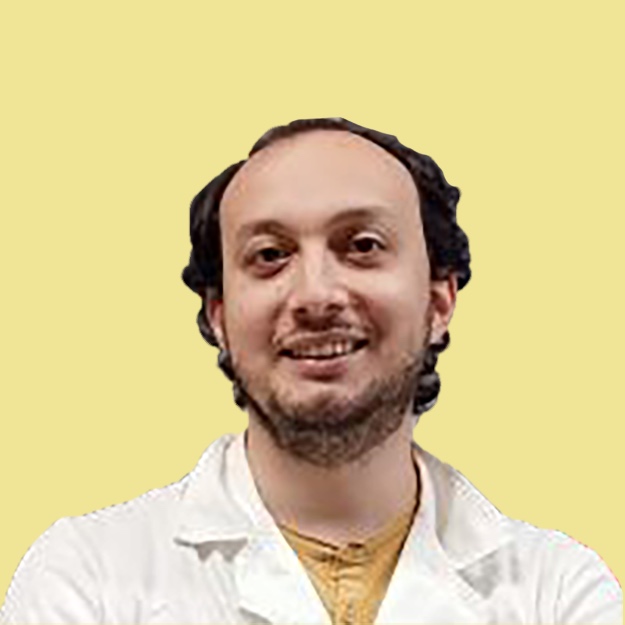
Email: marco.spreafico@unimi.it
Marco graduated in Medical Biotechnology and Molecular Medicine at University of Milan in 2017 and earned his PhD in Experimental Medicine and Medical Biotechnology in 2021 at University of Milan. During his PhD in the laboratory of Professor Pistocchi, he focused on dissecting a possible pathological role for HDAC8 and cohesin in zebrafish models of acute myeloid leukemia and Duchenne muscular dystrophy.
In December 2021 he joined the FantinLab to study the molecular mechanisms that drive angiogenesis in the zebrafish embryo.
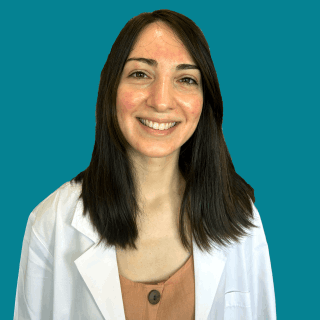
Email: alessia.bibi@unimi.it
Alessia has a background in molecular and cellular biology with a focus on cardiovascular research. She graduated in Medical Biotechnology and Molecular Medicine from the University of Milan in 2018, completing her MSc project at the National Institute of Molecular Genetics (INGM), where she set up CROP-seq technology in human T-regulatory cells (Tregs) to study coding and non-coding genes involved in Treg function.
She then pursued her PhD in Molecular and Cellular Biology at the University of Milan, where her research centered on the role of circular RNA PVT1 in ischemic heart failure. She uncovered the molecular and functional interactions between circular RNA PVT1 and microRNAs in cardiac fibroblasts, providing new insights into the molecular mechanisms driving cardiac remodeling.
After completing her PhD, Alessia joined the FantinLab as a postdoctoral researcher, where she is currently studying the molecular pathways by which tumor-associated macrophages (TAMs) contribute to cancer angiogenesis.
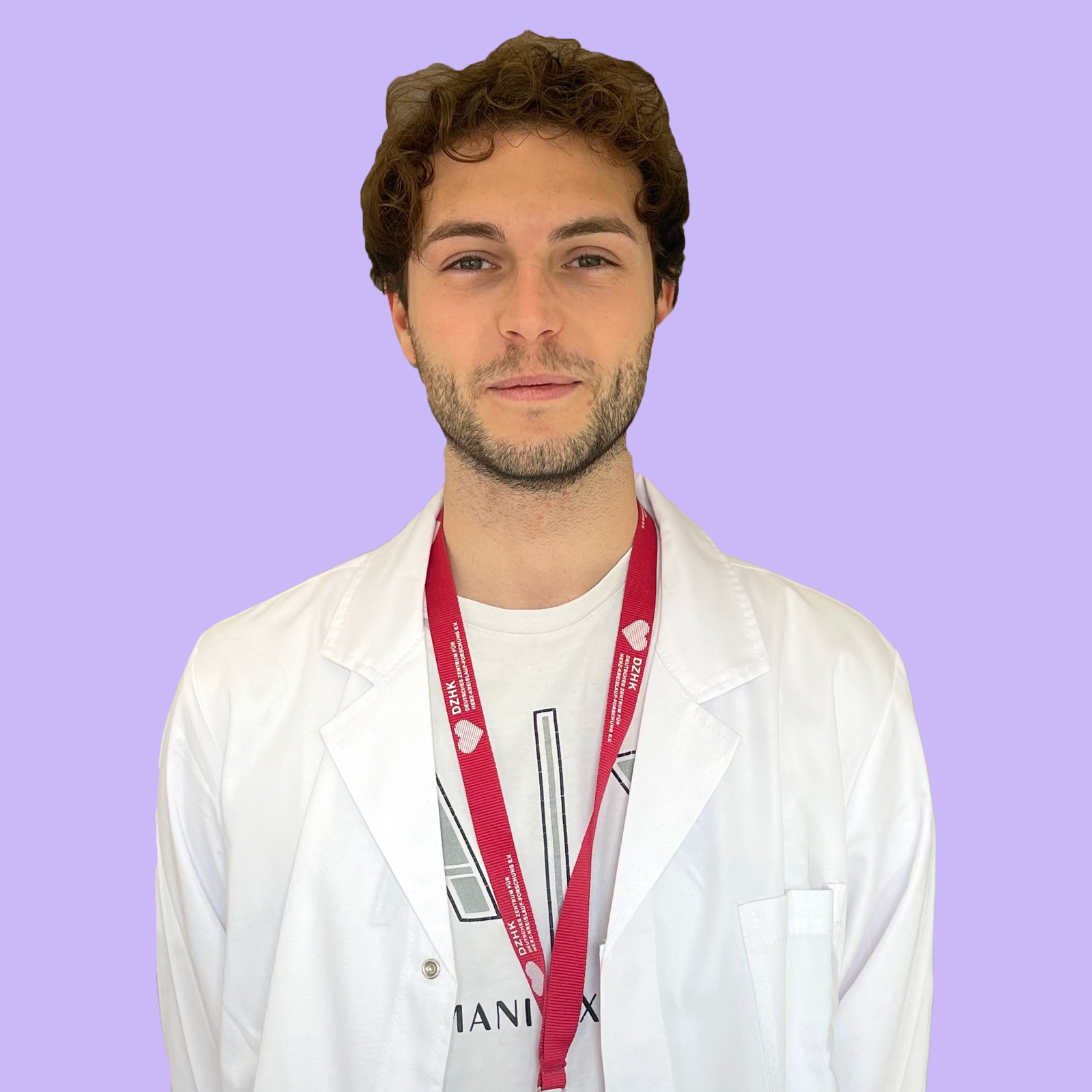
Email: leonardo.bettinelli@unimi.it
Leonardo studies novel roles for CXCR4 signaling in hematovascular development in collaboration with HMGBiotech s.r.l.. He also studies the molecular mechanisms of lymphatic vascular morphogenesis in the context of genetic lymphatic malformations in collaboration with the Beltrame group thanks to Telethon support.
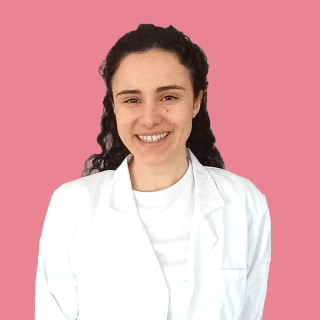
Email: martina.betti@studenti.unimi.it
Martina studies the molecular mechanisms of neurovascular morphogenesis in the context of Cornelia de Lange genetic syndrome in collaboration with the Massa group thanks to Cariplo-Telethon support.
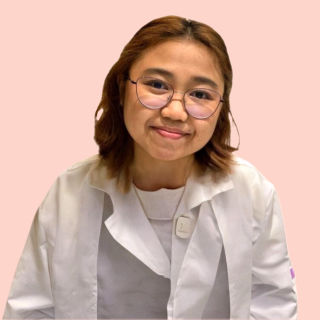
Email: patricia.sastre@unimi.it
Gael studies the molecular mechanisms of vascular morphogenesis using microfluidic-based 3D organ-on-a-chip technology.
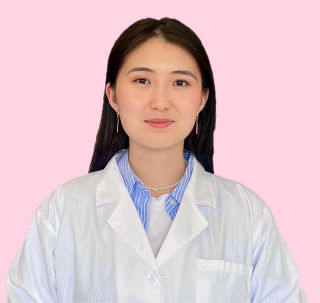
Undergraduate student, Master degree in Molecular Biology of the Cell (MBC).
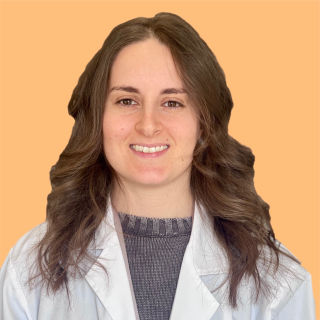
Undergraduate student, Master degree in Molecular Biology of the Cell (MBC).
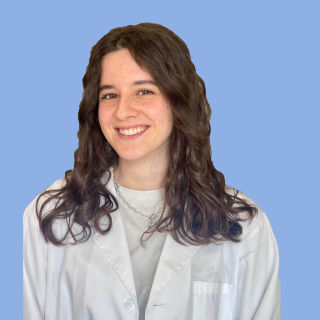
Undergraduate student, Master degree in Biologia Applicata alla Ricerca Biomedica (BARB).
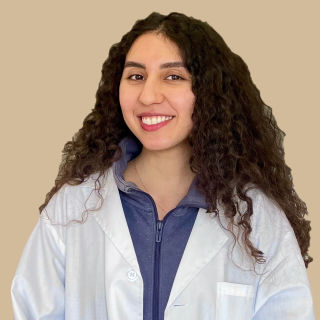
Undergraduate student, Master degree in Molecular Biotechnology and Bioinformatics (MBB).
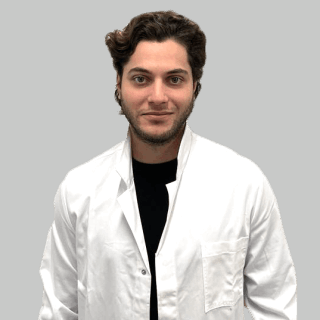
PhD student @ Lübeck University, Germany.
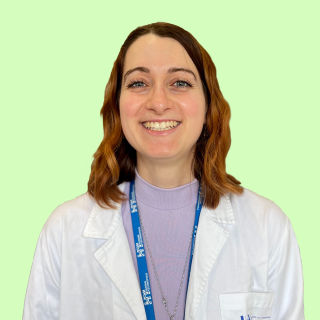
Technician @ PoliMi, Milan, IT.
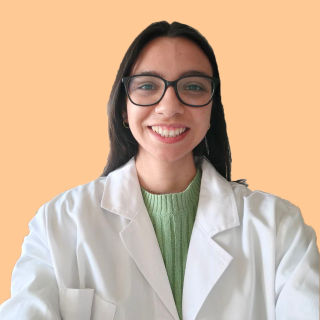
PhD student @ Besta, Milan, IT.

postgraduate Erasmus @ Marburg University, Germany.

Lecturer @ Paris Descartes University, Paris, FR.
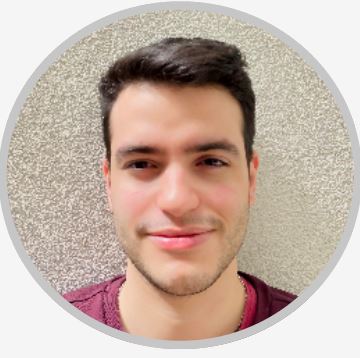
PhD student @ Humanitas, Milan, IT.
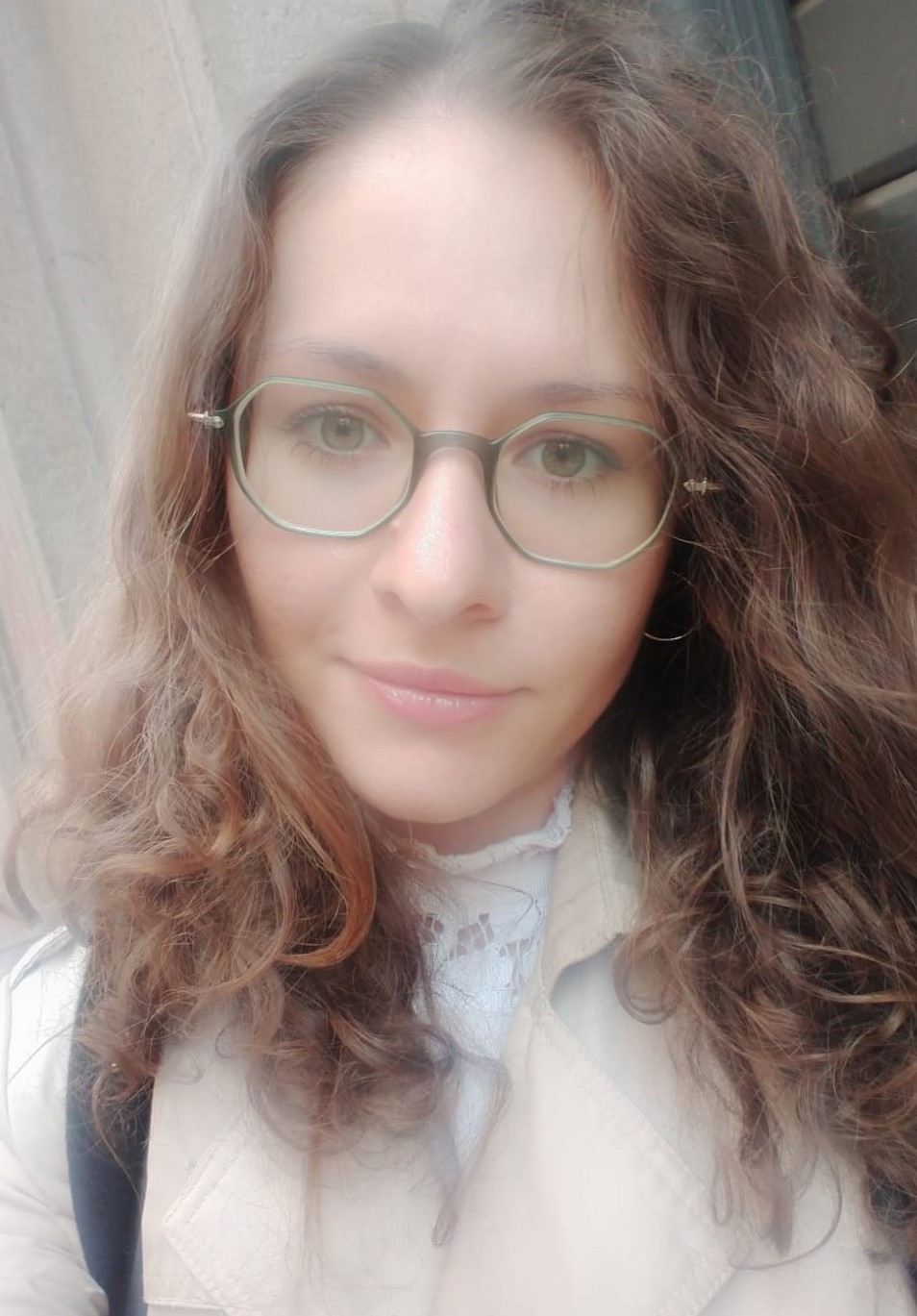
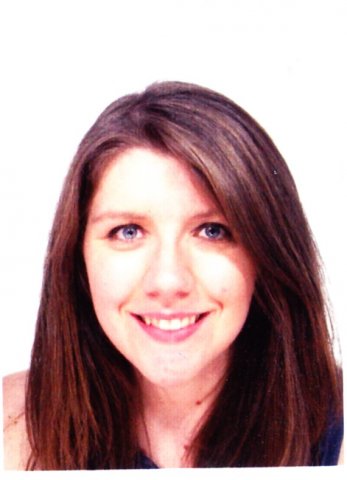
postdoc @ HSR, Milan, IT.
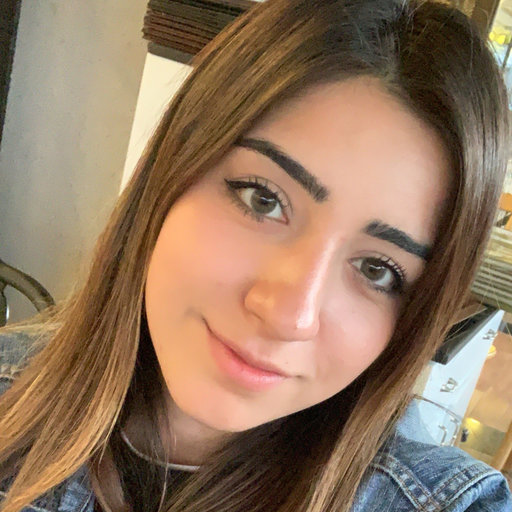
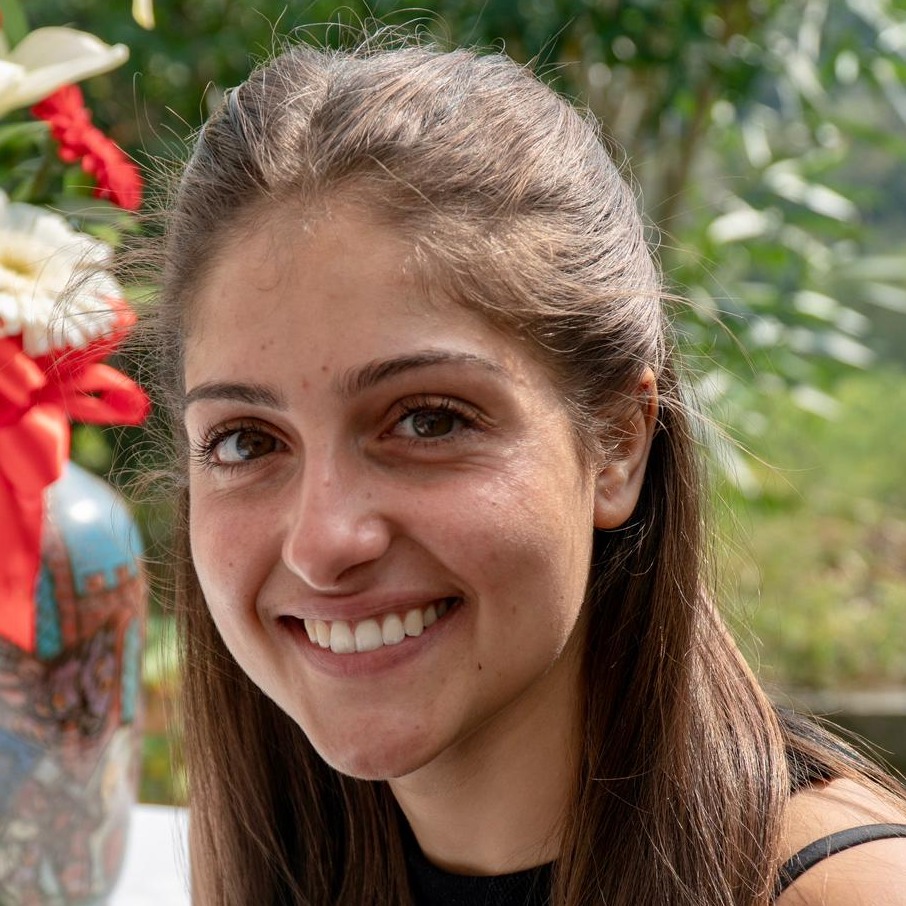

PhD student @ UZH, Zurich, CH.

PhD student @ European Institute of Oncology (IEO), Milan, IT.


postdoctoral fellow @ AZIENDA OSPEDALIERO-UNIVERSITARIA MEYER, Firenze, IT.

research fellow @ GSK Vaccine
